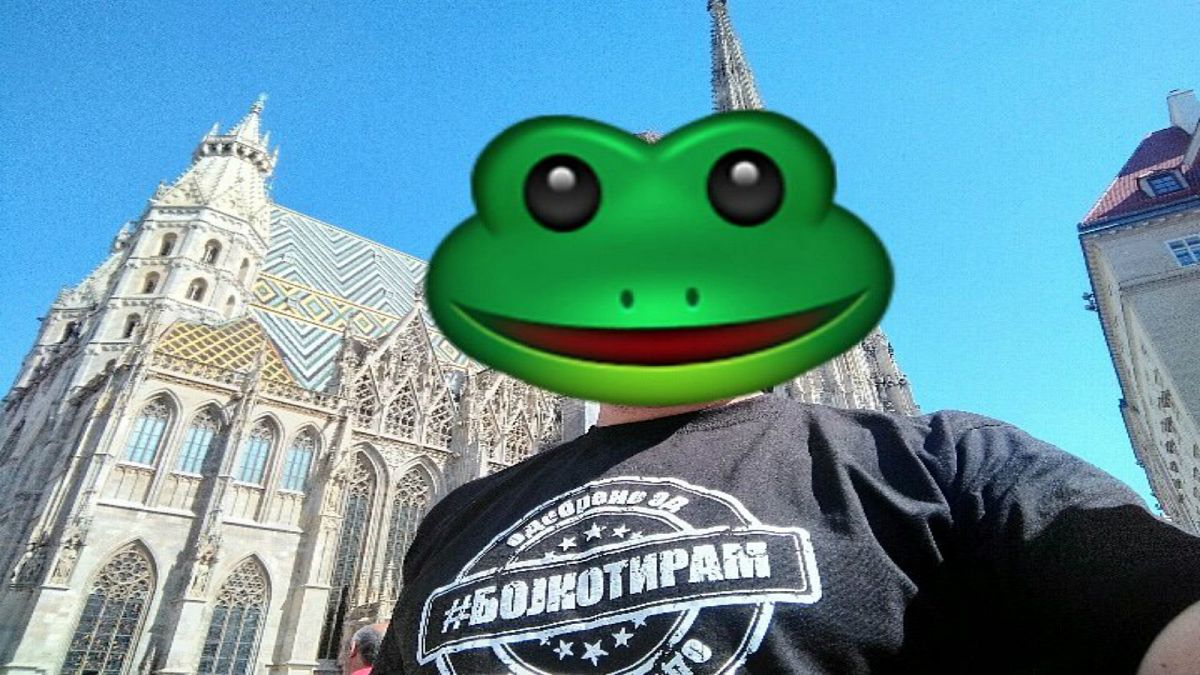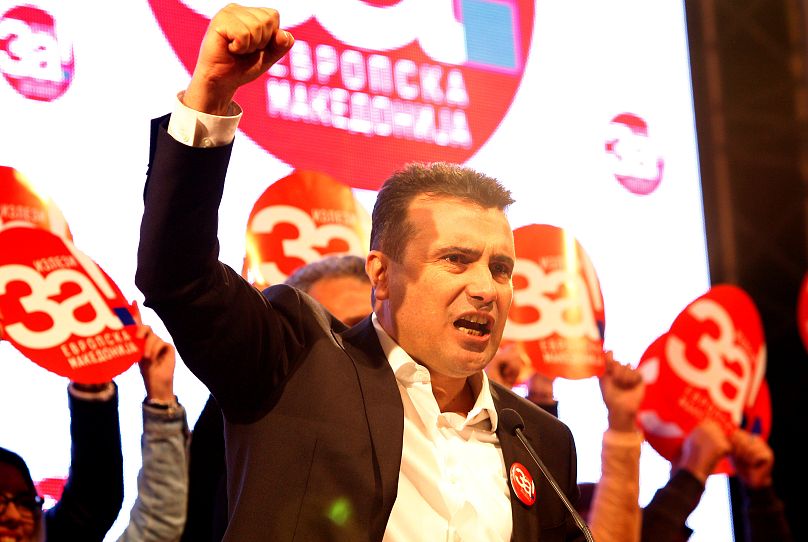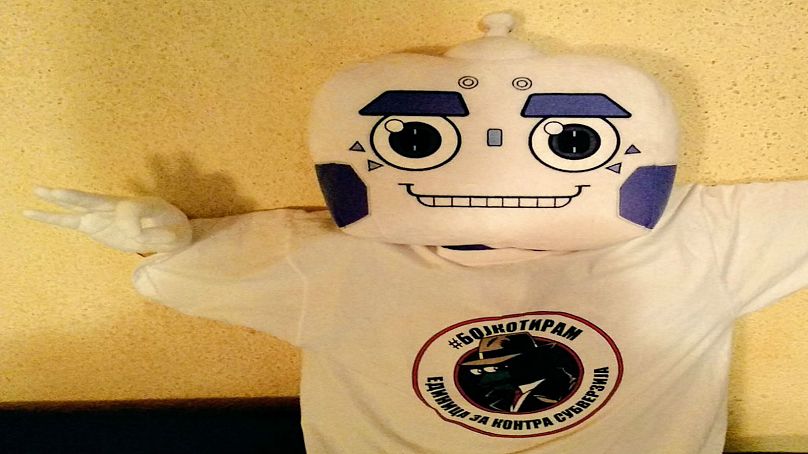#Bojkotiram — can a group without a leader change minds and keep the name 'Macedonia'?
“Never Northern, Always Macedonia!” Thus runs the slogan on the website of #Bojkotiram – a grassroots movement that hopes to block the country's upcoming referendum.
What referendum?
On September 30, 2018, the Former Yugoslav Republic of Macedonia will hold a referendum on a proposed name change to the Republic of Northern Macedonia.
It’s a long-running dispute that pits Athens – which wants the name Macedonia to refer to the region in northern Greece – and Skopje – which wants to keep the name for its own nation.
What’s at stake?
Pride, resolution, and a possible place in the EU and NATO.
“I can understand if people are against this agreement but they should go out and vote. When the homeland calls, every citizen has a responsibility to deliver.” FYROM prime minister Zoran Zaev finds himself at the crossroads of the nation’s history.
After toppling the decade-long authoritarian rule of former prime minister Nikola Gruevski in 2016, the pro-Western Social Democrats have been hailed as a new hope, promising to resolve long-standing disputes blocking FYROM’s path to European integration. But now it is facing another challenge: a grassroots movement that is campaigning to boycott the referendum: #Bojkotiram.
Since FYROM declared independence from Yugoslavia in 1991, Greece has prevented its accession to the European Union and NATO on the grounds that the name they had chosen, Macedonia, involves territorial claims over Greece’s own land, history and culture. However, in June, the Greek prime minister Alexis Tsipras agreed to lift the veto from the country’s Eurointegration process, paving the way for a historical ending to the unique feud.
However, the agreement is conditional: FYROM citizens will first need to approve the name change. And even though support for European integration has historically been high in the country, currently up to 30% of the citizens are still undecided about their vote, according to recent polls. Many see a forced name change as a fundamentally unfair solution, especially because of its "erga omnes" requirement, and the phrasing of the referendum question also sparks controversy, as it binds the name issue together with support for EU and NATO membership. For many citizens, in fact, it is not uncommon, to be in favour of the latter and against the former.
The grassroots movement
What started as a personal choice to abstain from the referendum, has quickly transformed into an organised boycott campaign named #Bojkotiram, which literally means “I boycott”. From a mere hashtag on social media, within a few months, the campaign gathered wide support among Macedonians, and it is now established as a structured movement, despite not having a hierarchy nor a leader.
The hype permeated the public sphere, with demonstrations, self-printed shirts and graffiti around the city of Skopje; on September 27 one last protest was planned. Yet, the core of the movement remains online, with combative tweets and Facebook posts featuring nationalist symbols being shared every day.
While it is unclear by whom and when the movement first started, there is no doubt that it is dominated by conservative voices. Nevertheless, the mainstream conservative party in opposition, VMRO DPMNE, is not behind it, having simply invited people to act towards the referendum according to their feelings.
“If VMRO doesn't support Bojkotiram they are as dead as fish in a barrel," Saso Pangovski, a far-right activist on Twitter, told Euronews. His conspiratorial, anti-Soros and openly pro-Trump messages reflect the movement’s core. A peeking "Pepe the frog" on the Bojkotiram.mk official website allies the movement with the alt-right but that would be a misrepresentation. The movement can be for anyone, regardless of their personal ideology.
The president of the country, Gjorge Ivanov, recently declared he is also going to join the boycott.
Dimitar Dzundev, a student and a youth conservative group leader, rejects the anti-Western label: “Most of us are Western-educated people, with a European mentality, believing in democracy.” According to Dzundev, if the boycott campaign wins the referendum, the movement will seek to promote a new plebiscite, one within the legal boundaries, in order to “take the right of the parliament to decide for our name”.
By playing the numbers game, the boycott campaign is aimed at rendering the referendum void by preventing the 50% quorum.
Aiming to expose what they call a crisis of representation, the far left will also join the boycott. Dimitar Apasiev, the leader or “Levica” (The Left) warns that if the Social Democrats choose to ignore the people, the country will enter a period of unprecedented political upheaval. “If there is a reaction from the right, it is because those with power have imposed such a humiliating agreement through secret diplomacy. We have our own reasons to boycott, and we can’t be responsible for others who do it for different reasons,” says Apasiev, rejecting the accusations coming from the "Yes" camp of betraying leftist principles and forming an “unholy alliance” with the conservatives.
Despite this heterogeneity, all factions supporting the boycott refuse to legitimise not only the agreement, but also the institutional process for its implementation. For them, a “Yes” campaign perceived to be full of irregularities and suspicions of electoral fraud leaves them with only one option. This renders the issue not only one of national pride, but also of institutional distrust. An anti-system swerve that the simplified, binary choice of the referendum will most likely not solve.
The movement is said to have reached 800,000 supporters in a country of 2 million.
The referendum takes place on Sunday (September 30).


